How to Activate Virtues that will Boost Moral Fiber
In creating a personal vision and values statement to strengthen our own sales strategy and leadership legacy, I also think of virtues Virtues help us navigate the “rules of the road.” As leaders, we aspire to be a person of trust that can positively influence the next generation of leaders. But, is virtues an outdated concept in the modern “roads” in our current culture?
When we talk about virtues, we can easily get branded as old-school or being out of touch with today’s culture.
Tedi Anne Hasapopoulos is a business ethics professor at Bethel University in St. Paul, Minnesota. She instructs Millennials in ethics. Her perspective is insightful in helping us think through how to activate the virtues that will boost moral fiber in our culture. Virtues that will keep us firmly on the right path, going in the right direction.
Is virtues an outdated concept?
When asked to describe the task before us, here is what Professor Hasapopoulos had to say in Millennials Matter, Proven Strategies for Building your Next-Gen Leaders:
“As I think about the ways in which I teach ethics to Millennials, I talk to them about the foundation on which they set their moral footings. How wide, deep, and long is it? What kind of material is it comprised of? Is it the size and thickness of a postage stamp or wide and deep as a foundation block? Is it solid granite or shifting sand? Our values are the basis on which we make moral decisions. Unless our foundations are grounded in something solid, we will stumble when pushed by ethical adversity.”
If we choose to slow down to consider how we can be intentional about developing a plan to strengthen our virtues, it can be helpful to get the definitions behind each of the virtues:
Cardinal Virtues:
- Prudence – The ability to discern between right and wrong
- Justice – The ability to act with fairness under all circumstances
- Temperance – The ability to apply self-control even under challenging conditions
- Courage – The ability to confront fear and uncertainty
Theological Virtues:
- Faith – The ability to believe in things not seen. Hebrews 11:1
- Hope – The ability to refrain from despair and expectation of a better future (Heb. 11:1)
- Charity/Love – The ability to love God, love our neighbors, and love ourselves. I Cor. 13) It can also be defined as a selfless concern for the welfare of others and to do what is right because you want what is best for others.
Questions to consider when you develop your plan to strengthen your virtues
I recommend developing a list of questions that you can ask when you get into a compromising situation. Here are some ideas to jump-start your personal list.
Check out my video How to Live and Lead with an Impact Mindset here:
What are the facts?
Discernment in a difficult situation requires examination of all the relevant facts. Fear or other intense emotions cloud the facts. Do the following:
- Gather information by asking who, what, where, when, why, and how questions;
- Talk to all the stakeholders to get a broader and deeper understanding of the situation; and
- Listen for emotion in others, which may cloud their perception of the facts as they remember them.
What are the alternatives?
When we brainstorm options on how to solve a problem, we’ll often develop a whole cadre of options along the ethical scale. Many of these will be more aligned with our virtues, values, and vision. Others will be ruled out because they don’t support virtuous leadership. Recognize and act on ethics-based alternatives to problem-solving.
What are the possible consequences?
When wrestling with options, it’s a good test to consider the results—what would happen after a particular action. Recognizing the intended and unintended consequences of a dilemma can help inform a wiser course of action. Consider results and unintended consequences prior to making decisions.
Developing virtues that boost moral character, requires exceptional courage and internal capacity. It values others to such a degree that we will always do what is right over what is easy. Virtue is solidified by practice. It is important, even in the little things that seem to have minimal moral consequences.
Will you model these virtues to those you lead? Will the “rules of the road” you follow aspire millennials to be leaders of trust who can positively influence others?
Interested to learn more? I invite you to read my recent articles on creating your personal vision and values statements.
Does your Vision Energize You, Millennial Leader?
How to Write Your Personal Value Statement
Leadership Lesson:
Build up your virtues muscle so that you can lead others to stand against decisions that can bring significant harm.
Leadership Question:
What are some questions that you would add to strengthen your personal virtues list?
P.S. I’m committed to providing great content on my YouTube channel also. Would you help me out by becoming a follower of my YouTube Channel?
Click on any of my videos on my channel and then click on the SUBSCRIBE button. http://bit.ly/DanitaByeYouTubeChannel
Thank You.
Danita


No Comments